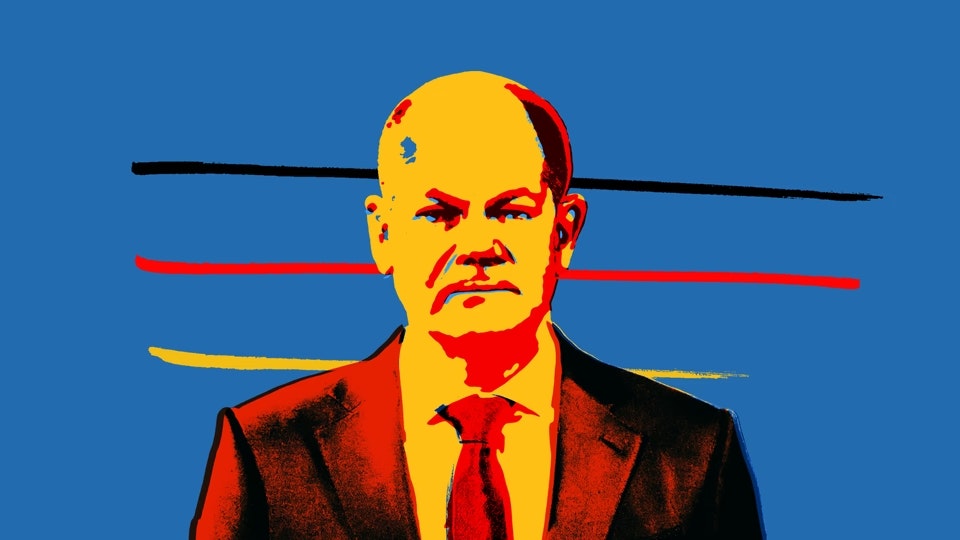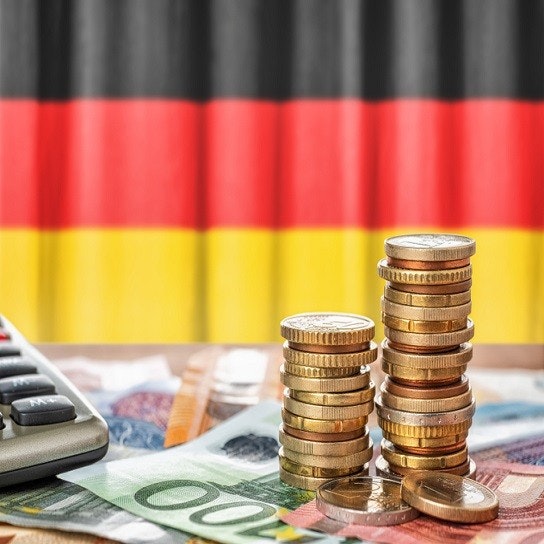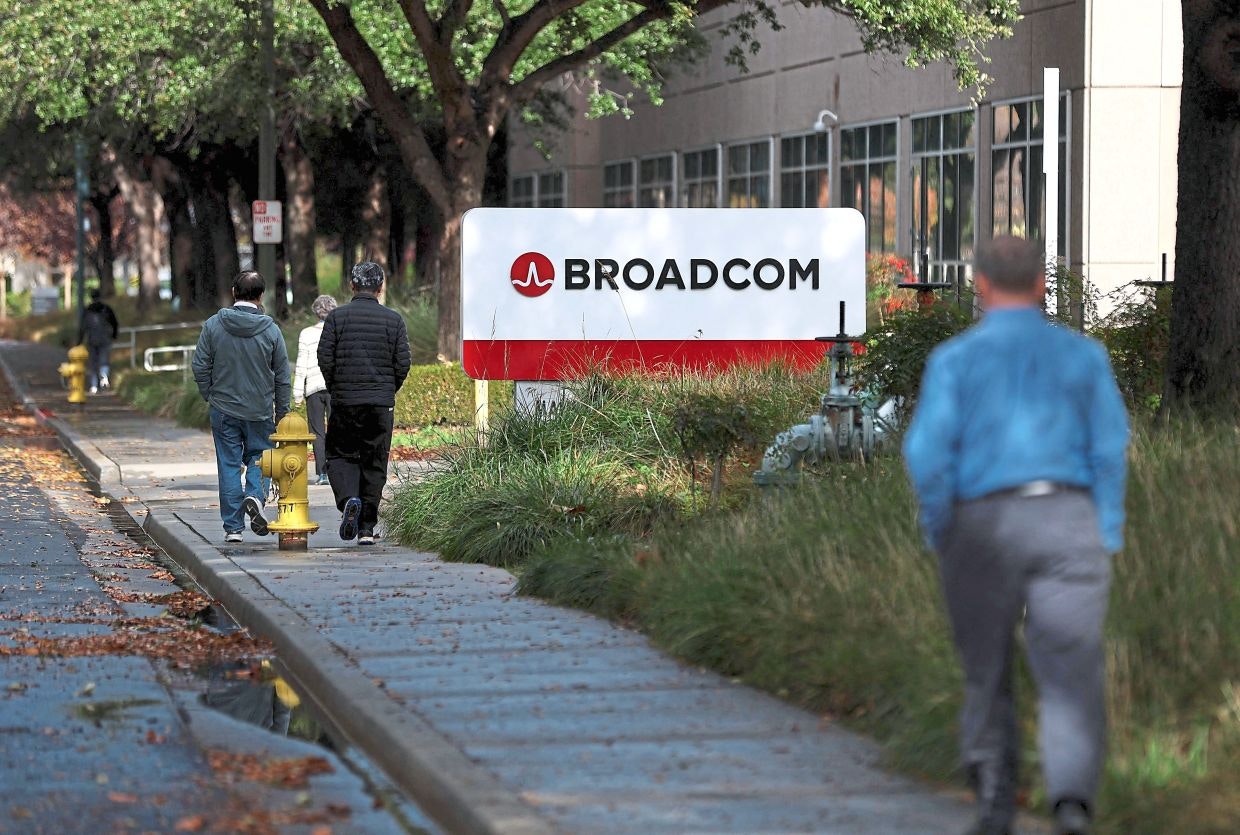Olaf Scholz faces a parliamentary vote that he does not want to win – but must lose. The Chancellor, whose traffic light coalition has increasingly been entangled in infighting in recent months, is going all-in: deliberately forfeiting the trust of the Bundestag to trigger new elections. A political chess game that only works under the special conditions of the German Basic Law.
The Situation: A Broken Alliance
Scholz's government – an alliance of SPD, Greens, and FDP – has been on shaky ground for weeks. The decisive break came on November 6, when Scholz dismissed his Finance Minister Christian Lindner (FDP). The move followed endless disputes over the federal budget and left the coalition without a parliamentary majority.
The decision to dismiss Lindner may have seemed impulsive, but it was strategic: Scholz knew that without a majority, he would be forced to initiate a vote of no confidence – the only way to enable early elections. And in Scholz's own words: "In a democracy, voters determine the course of politics.
The German Vote of No Confidence: A Tool with History
The German constitution, shaped by the experiences of the unstable Weimar Republic, allows chancellors to trigger new elections through a lost vote of no confidence. Since 1949, this instrument has been used only five times – mostly successfully.
Historical precedents like Willy Brandt and Helmut Kohl show that chancellors can emerge strengthened from such situations. However, there are also risks: Gerhard Schröder lost the trust of voters in 2005 and paved the way for Angela Merkel.
The AfD shuffles the cards
A surprising turning point in this already exciting political drama: Deputies of the right-wing populist AfD have announced they will tactically support Scholz. Their goal? To delay new elections and weaken the chances of Friedrich Merz, the CDU's top candidate.
Merz is considered the favorite, but his clear stance on delivering long-range missiles to Ukraine faces resistance from the AfD. A tactical stalemate could enable the AfD to capitalize politically on the uncertainty.
What's at stake?
The Germans are called to the polls in the middle of winter, while the country faces massive challenges: a stagnating economy, looming US trade sanctions due to Donald Trump's return to the White House, and divided public opinion on arms deliveries to Ukraine.
Polls see the CDU clearly ahead of SPD, Greens and FDP, but a victory doesn't automatically guarantee Merz a majority. It is likely that he will also have to enter a coalition – possibly with one of his political opponents.
Scholz, on the other hand, hopes to pull his party out of the polling slump by refocusing on social issues and investments in infrastructure. Topics such as support for the automotive industry in electrification and a more cautious approach to arms deliveries could strengthen the SPD's profile.
A country on hold
The next weeks will be crucial - not only for Olaf Scholz, but for the political future of Germany. Can the Chancellor use the lost vote as a political liberation? Or will he finally go down in history as one of Germany's most unpopular politicians?
One thing is certain: The election on February 23 will not only be a referendum on Scholz's governance but also on the course Germany wants to pursue in an increasingly unstable world.







